Join Dr Jessica Vereijssen (Science team lead, Bioeconomy Science Institute/Plant and Food Research) and Nyasha Chikwature (PhD student, Massey University) to discuss the findings and insights from their research on the Ecology of Ground Wētā.
This is a must-attend event for those interested in a fundamental understanding of the ecology of the ground wētā Hemiandrus bilobatus, and evaluating ecologically sustainable ways to disrupt the ground wētā, along with wider implications for ecological management.
Presenters:
Nyasha Chikwature
Originally from Zimbabwe, Nyasha completed a BSc in crop production and horticulture with a focus on plant protection at Midlands State University in Zimbabwe, prior to completing a Master of Science in plant pathology and entomology from Wageningen University in the Netherlands. In 2022, Nyasha came to New Zealand to pursue a PhD in Ecology, where she now studies the ecology of ground wētā (Hemiandrus bilobatus), a native insect that has recently emerged as a pest in Marlborough vineyards.
Her current research focuses on understanding how an endemic species Hemiandrus bilobatus has shifted from being a forest-dwelling insect to becoming economically important pest in agricultural landscapes. This ecological shift appears to be linked to land-use change and habitat modification.
Jessica Vereijssen
Dr Jessica Vereijssen, is a Science Team Lead with the Bioeconomy Science Institute (Plant and Food Research). Jessica trained as an entomologist and plant pathologist at Wageningen University in The Netherlands, receiving a PhD in Plant Pathology. She works closely with sectors on (invasive) insects, where they are in the environment, how they interact with crops, and how to sustainably manage them. Jessica brings strong engagement and knowledge exchange skills in the vegetable and horticultural sectors.
Date: Thursday 04 December
Time: 1.00-2.30pm
Location: Awatere Memorial Hall, Foster Street, Seddon


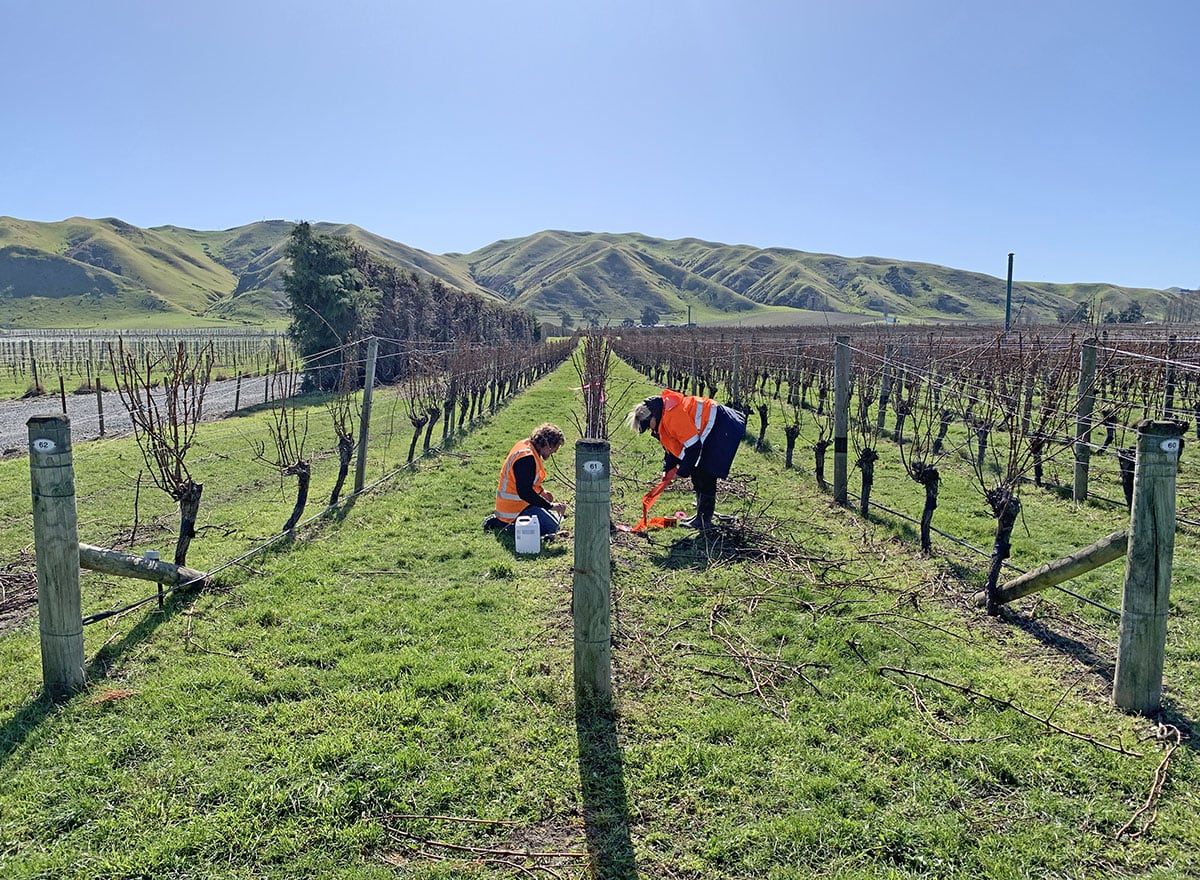





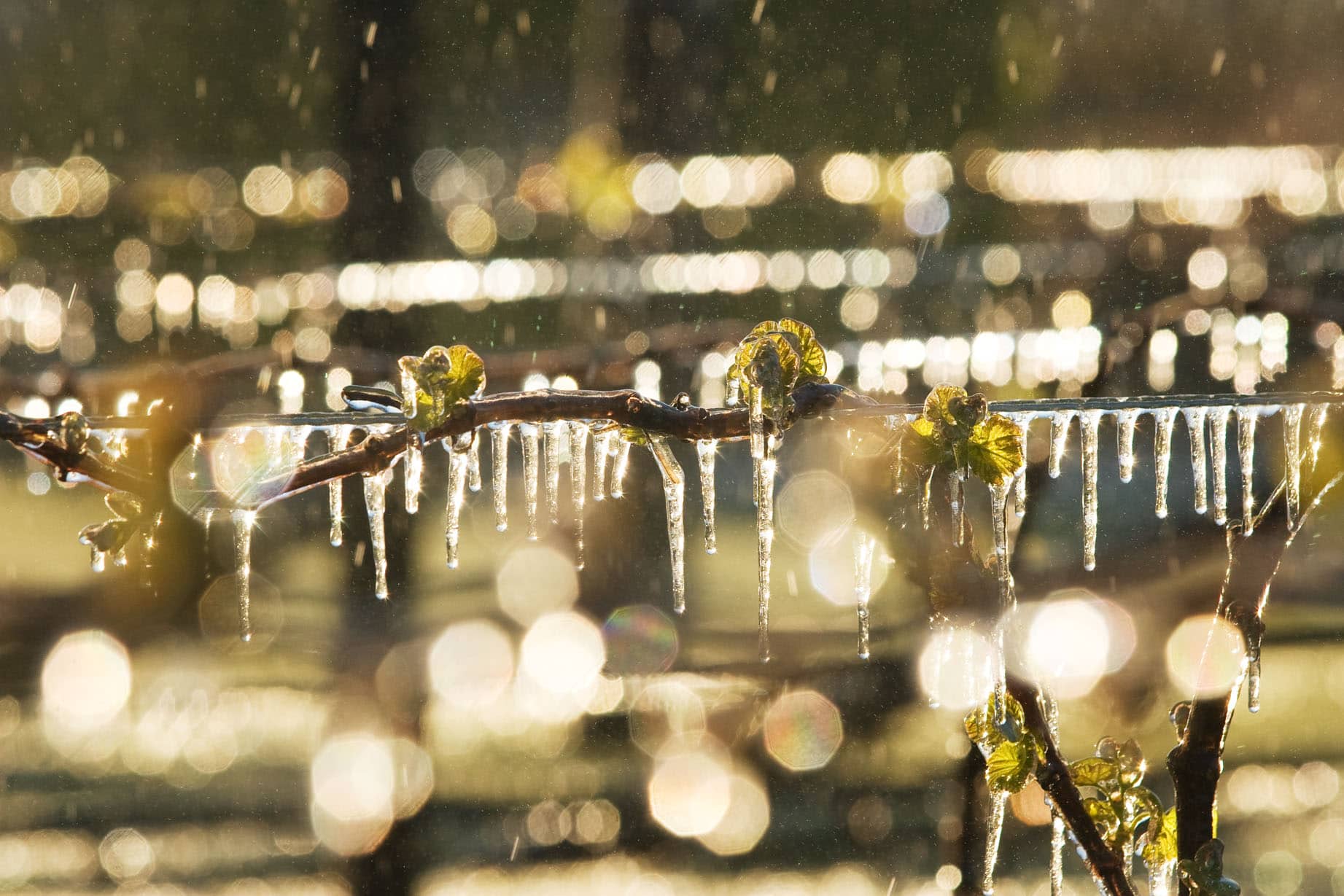
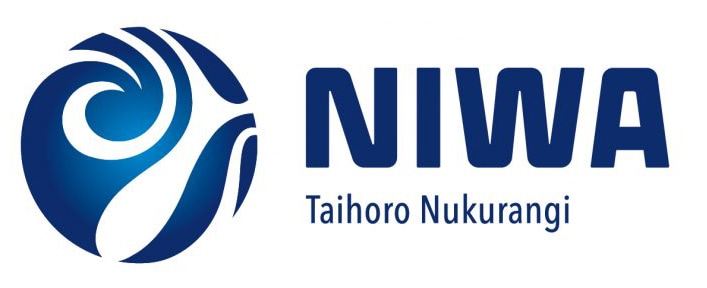
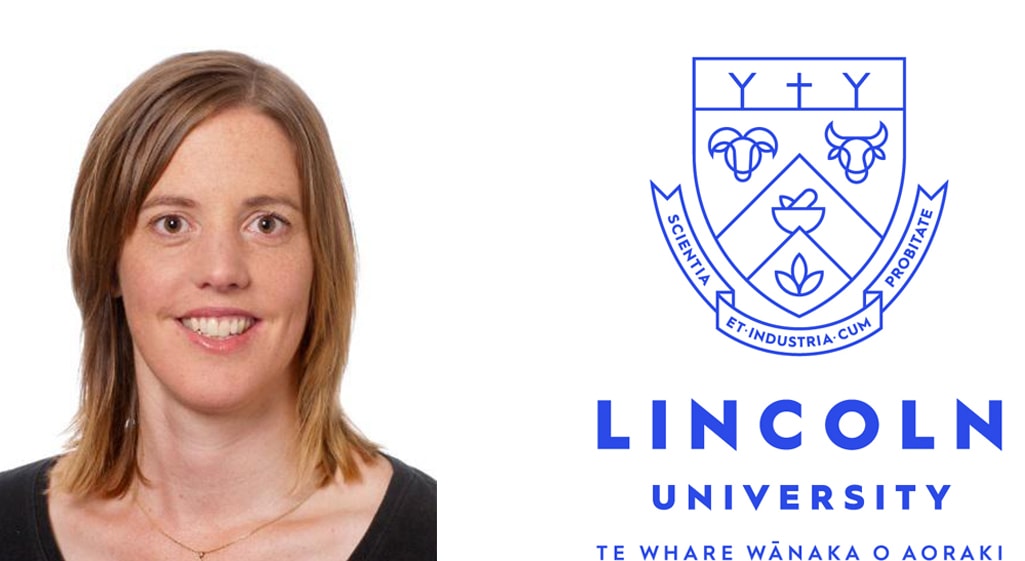
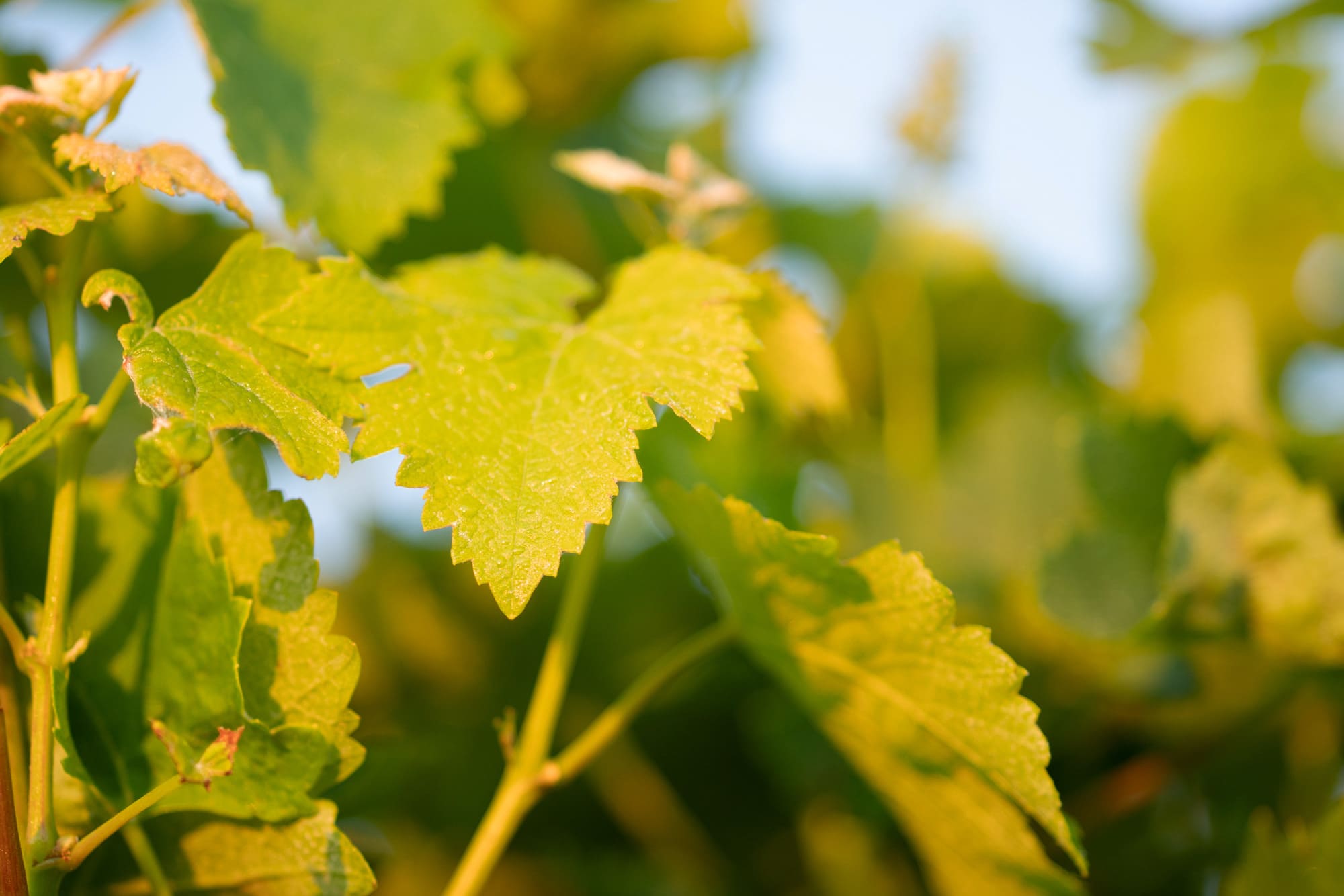



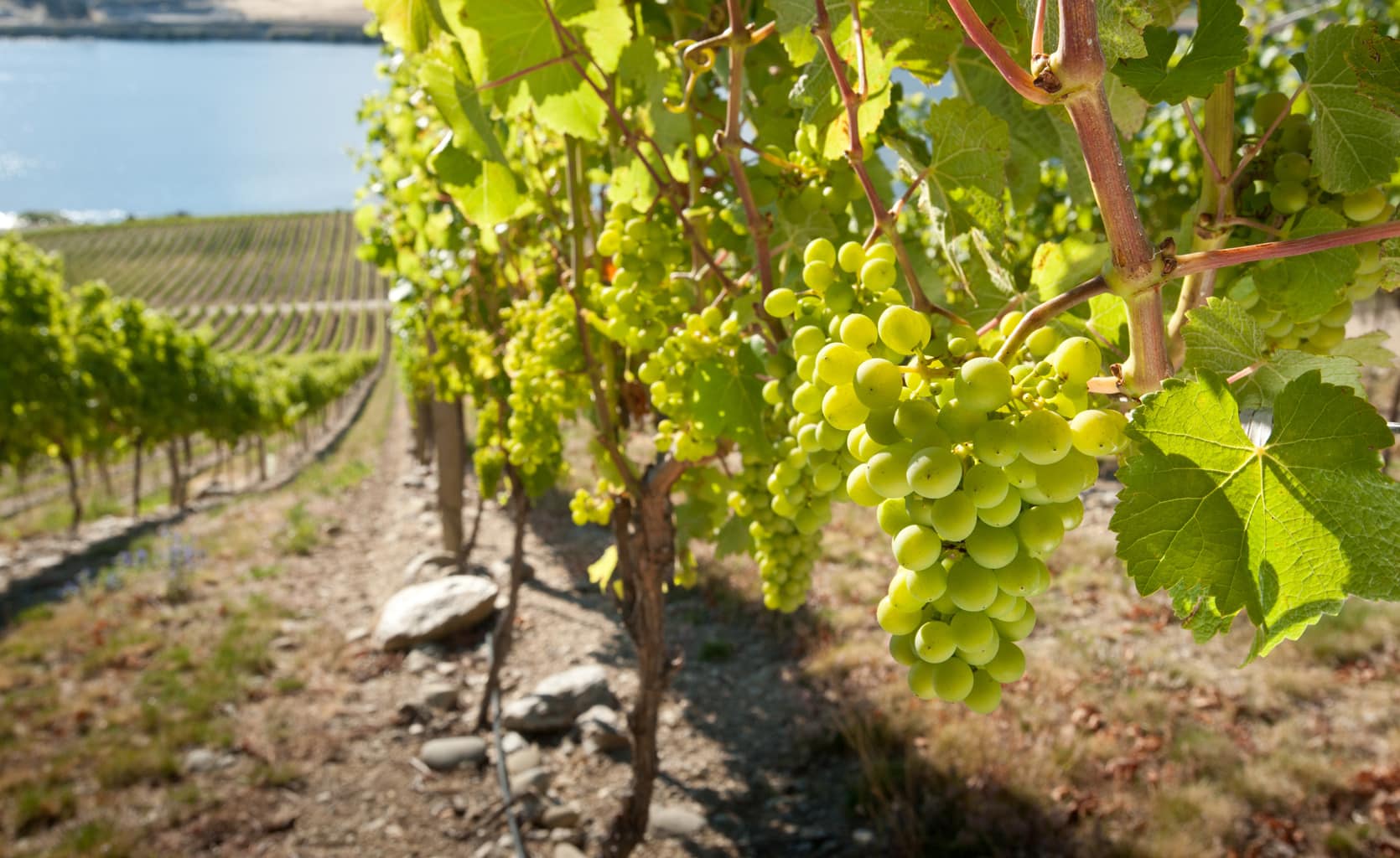
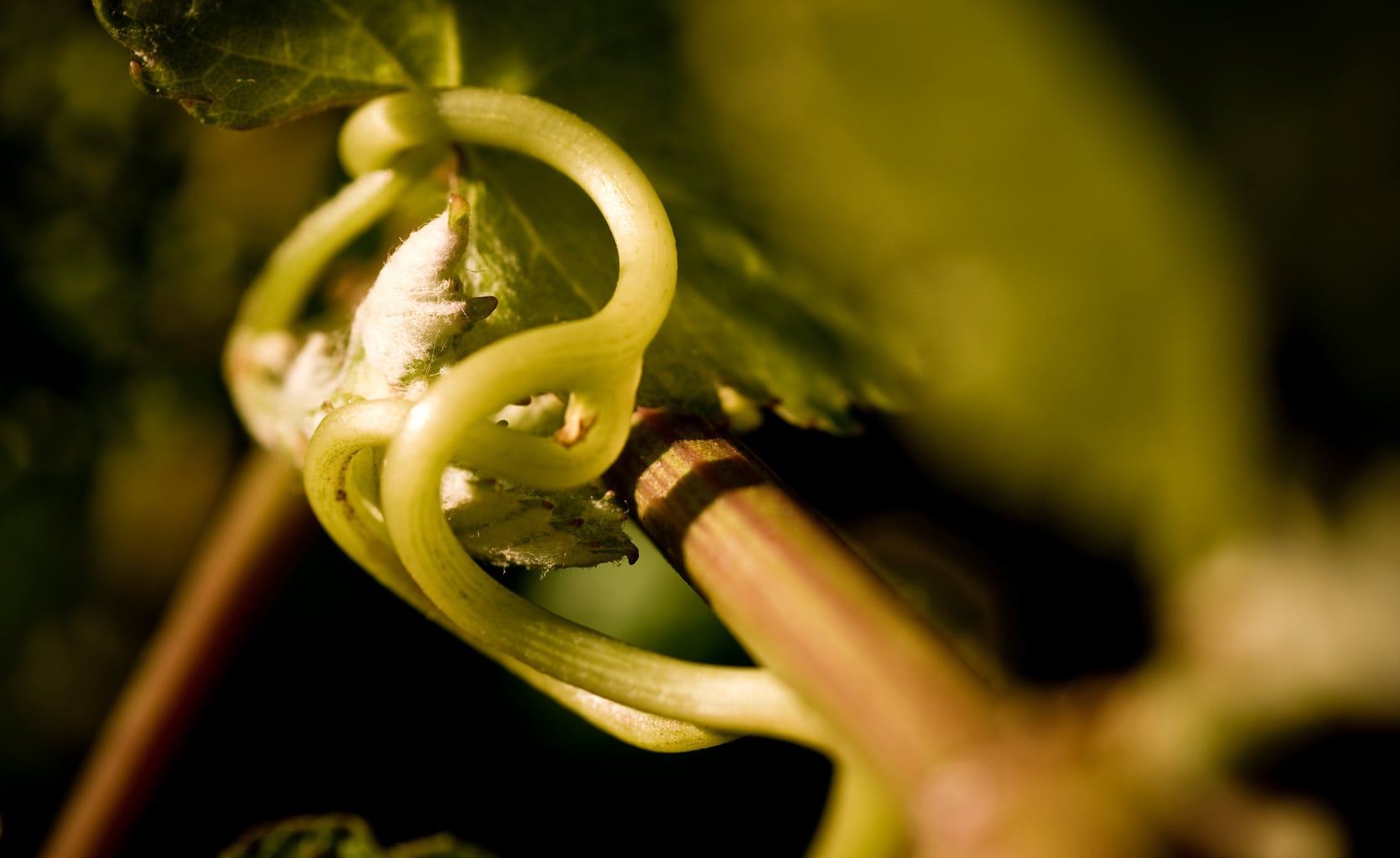

Exceptional work. This is very well-researched.